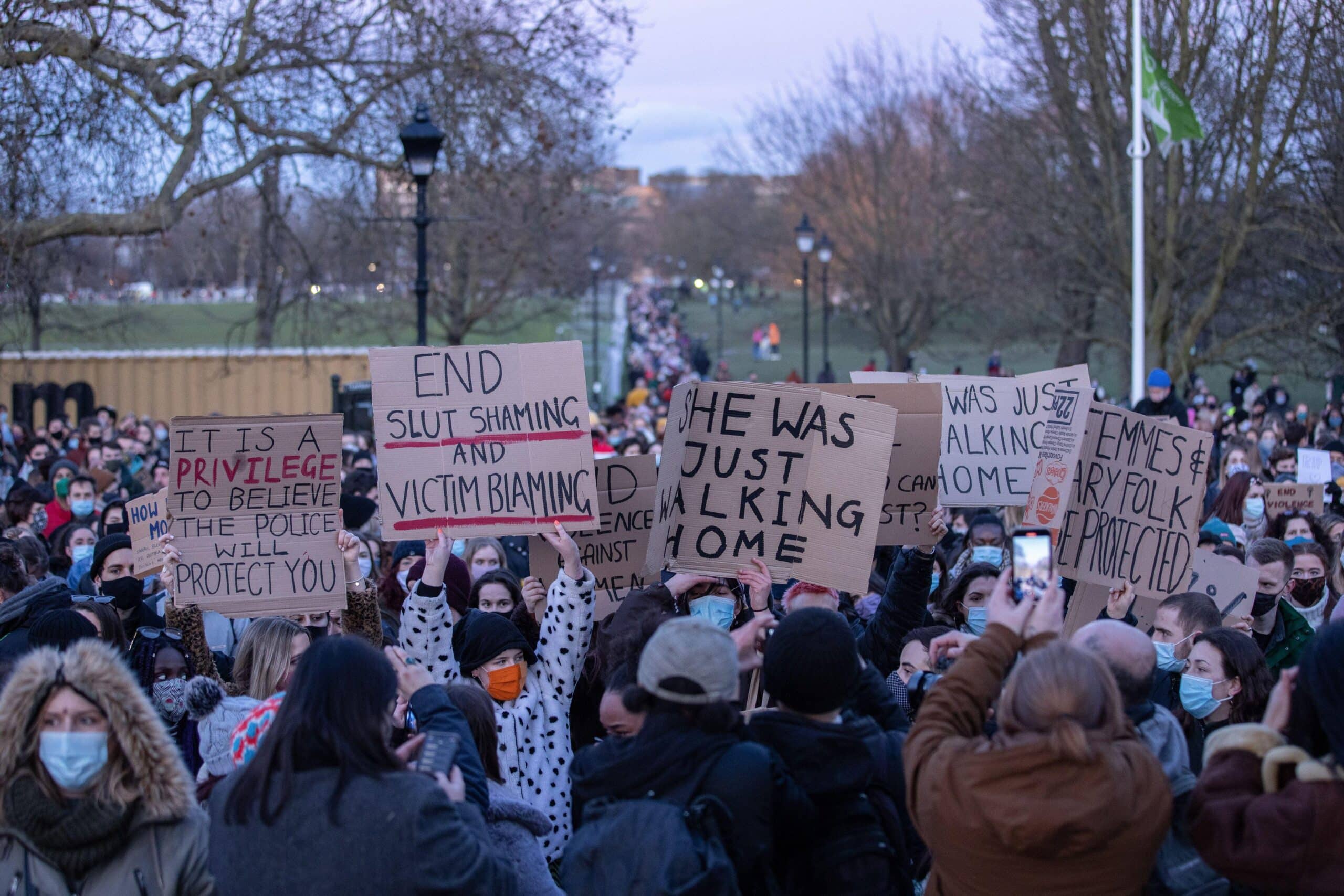Men are primarily responsible for violence against women and girls. All men, including those who are not perpetrating violence or abuse, have a responsibility to play a part in helping to end it.
More men are starting to reflect on their own role in the problem and in tackling it. Our research has explored why some men come to take an active role in improving the situation and what can be learnt from their experience to encourage others.
Often it was the impact of hearing from women in their own lives which initiated a process of awakening. In some cases, it was witnessing other men’s violence or learning about the experiences of someone close to them. Sometimes the men felt that they didn’t “fit” with dominant expectations of masculinity – “be strong, in control, don’t cry” – when growing up. For some, it was the impact of a horrifying high-profile death of a woman, similar to the situation in the UK currently, which finally spurred them to speak out. This moment can be an opportunity for more men to become allies.
If we are going to stop violence against women and girls, we need many, many more men to engage. This must start with an honest examination of men’s own attitudes, behaviours and attachments to masculine expectations. Sexist ideas and harmful gender norms are so deeply rooted in institutions and public discourse that no one is untouched by them. This is not about blaming individual men, but recognising that for change to happen, each and every man needs to play a part in it.
Reflecting on our relationships
Men can make a real difference in their daily interactions with family members, friends, peers and colleagues. They can challenge sexism and misogyny when they encounter it. This includes making sure that we are “walking the walk” in terms of equal and respectful relationships with women and girls. At home, that might mean ensuring that tasks such as housework and childcare are equally shared, and prioritising enthusiastic consent and respect in sexual relationships.
Outside of the home, it includes understanding how women’s freedom in public spaces can be limited in a way which isn’t the case for most men. We can take into account our own everyday behaviours and the impact they can have. Even if there is no malicious intent, consider that maybe it isn’t clear to the woman you are walking behind that you mean her no harm. We don’t control how our actions are received and we cannot know the negative experiences that a woman may have previously had with men.

Women are highlighting how the threat of violence undermines simple tasks like walking home. Protesters held a vigil for 33 year old Sarah Everard, killed while walking home by a London Metropolitan Police officer. SOPA Images Limited/Alamy Live News





